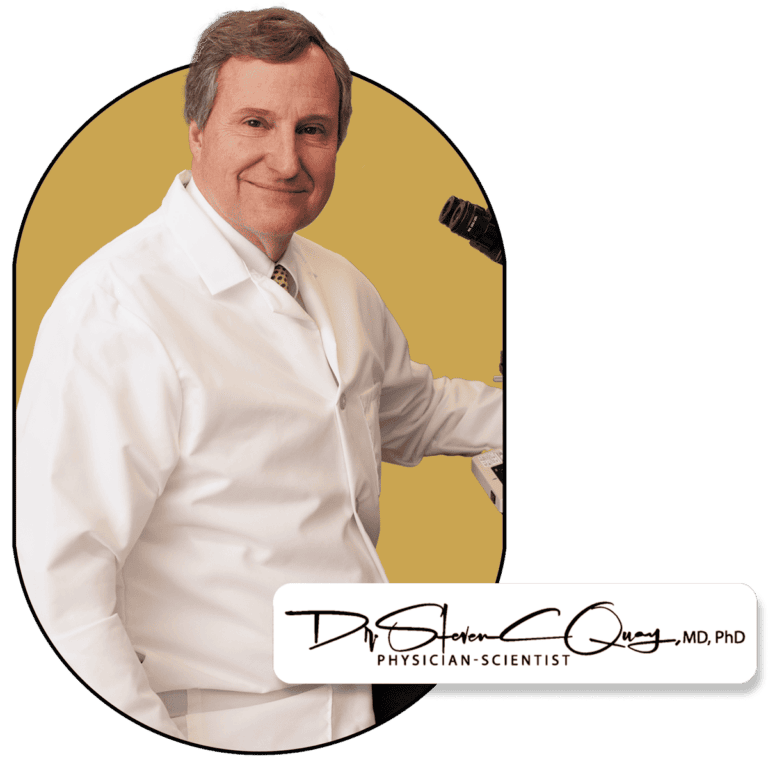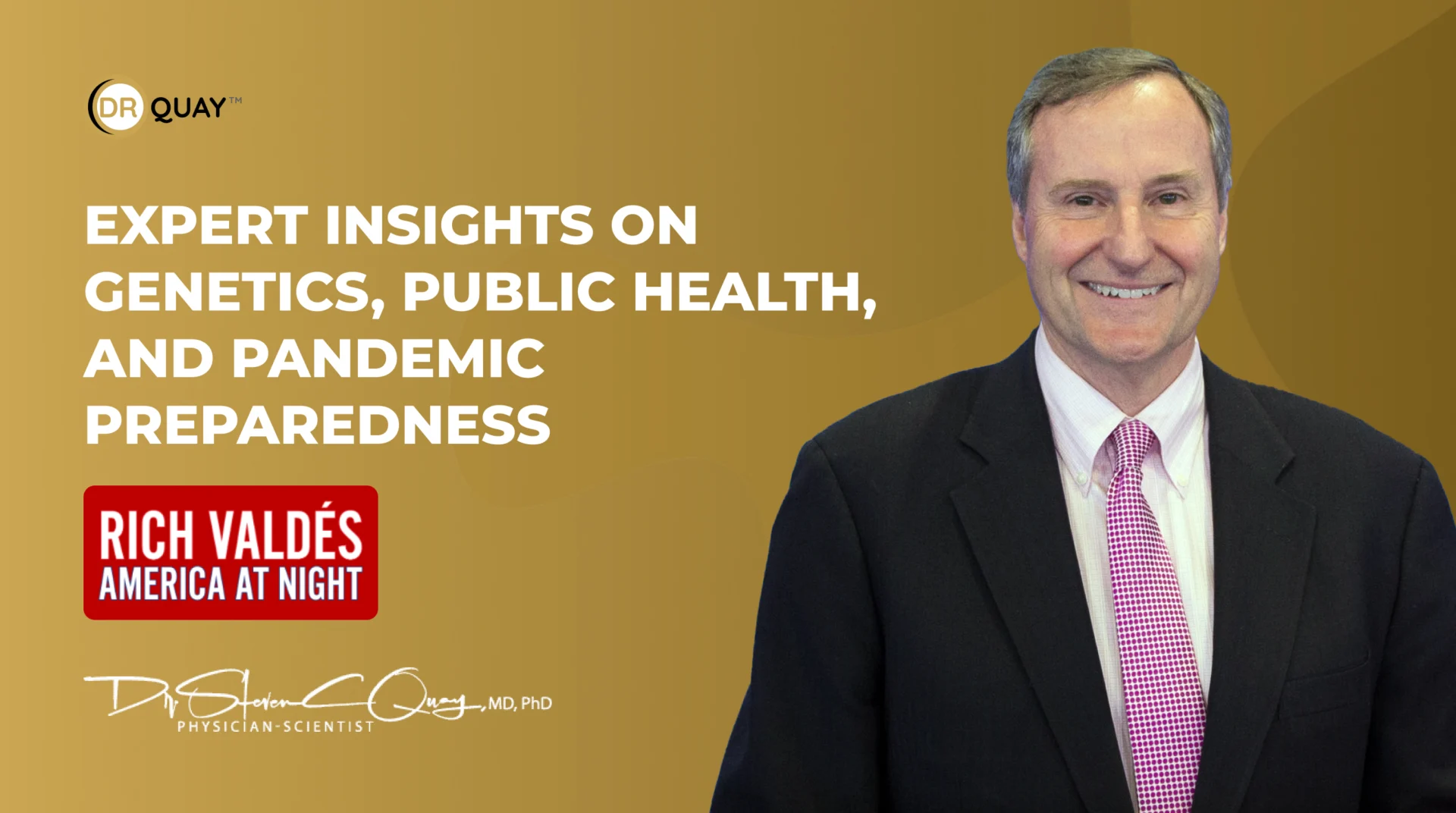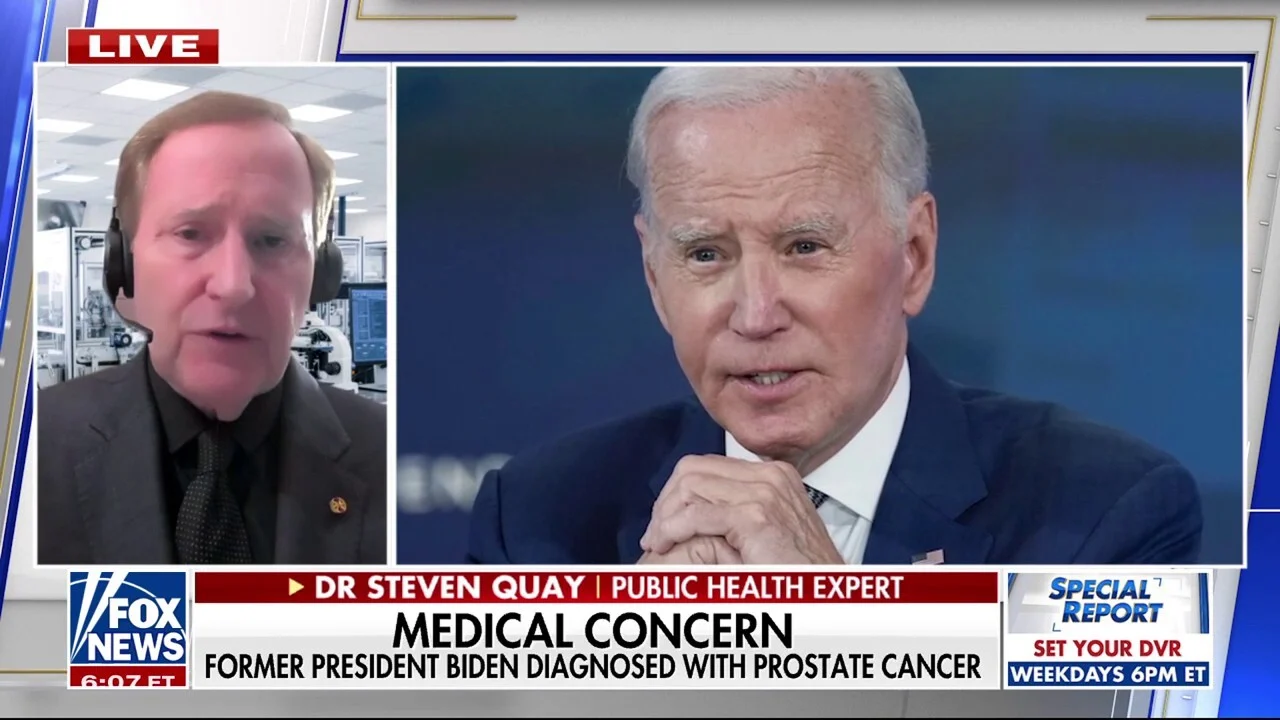The Actuary’s Perspective: understanding risk
We humans are not very good at understanding risk; being struck by lightening, having a heart attack or getting cancer, or dying of the coronavirus, officially a “pandemic” as of this week.
We are told a group of people of a certain age, or preexisting condition, has an X% chance of dying from the coronavirus. But without being able to compare it to something we know as a background comparison, something in our pre-coronavirus real world, it is hard to understand.
Luckily, places like the CDC have stats galore. Table after table of the number of deaths per 100,000 of every age group. So let’s compare getting the coronavirus and recovering to just living, day after day, at certain points in life.
First thought experiment:
Which is safer, less likely to kill you? A: Being under 60 years old and getting the coronavirus, or B: Being any age, 15 years or older, and simply staying alive for 365 days, living from one birthday to the next.
If you picked A you are right! In Wuhan, about 28 people under age 60 out of every 100,000 died of the coronavirus. For comparison, according to the CDC, folks age 15-24 have a one year death rate of 80 per 100,000. So you are about three-times more likely to die just living for a year than you are of dying of the coronavirus. It goes up from there. So living one year, at any age after 15, is riskier than dying of the coronavirus! Skydivers excluded from this discussion! ?
Second thought experiment:
Let’s stack the deck against you.
In this experiment I will make you 75 years old, give you coronavirus and put you in the hospital. Are you on death’s door? No way. It’s still a pretty good risk. You have a 92% chance of leaving the hospital and returning to your life.
The other choice I will give you is being 75 years old and just living your life. We all know that if you are 75 years old, and even though you are active and having fun playing golf, taking long walks with friends, going to church, etc. you are at a higher risk of dying than you were when you were younger, say 30 years.
So how many years of just plain living at age 75, simply being alive, is the same as a hospital trip at age 75 with the coronavirus?
According to our friends at the CDC its about 19 months, about a year and a-half. I don’t want to scare you with this but as we all know, getting old is not for sissies; but the coronavirus doesn’t change your odds much one way or the other.
So everyone, have a good day! We’ll get through this!




